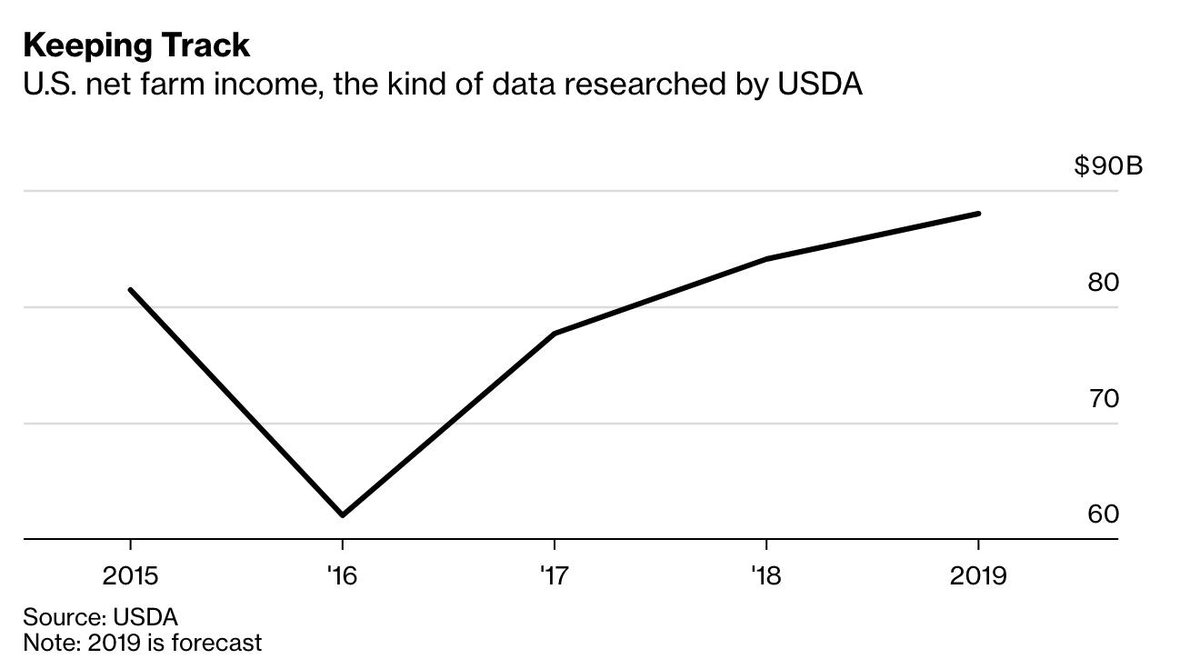
National Farmers Union has been working since 1902 to protect and enhance the quality of life of American family farmers and ranchers and their communities.
How to get URL link on X (Twitter) App

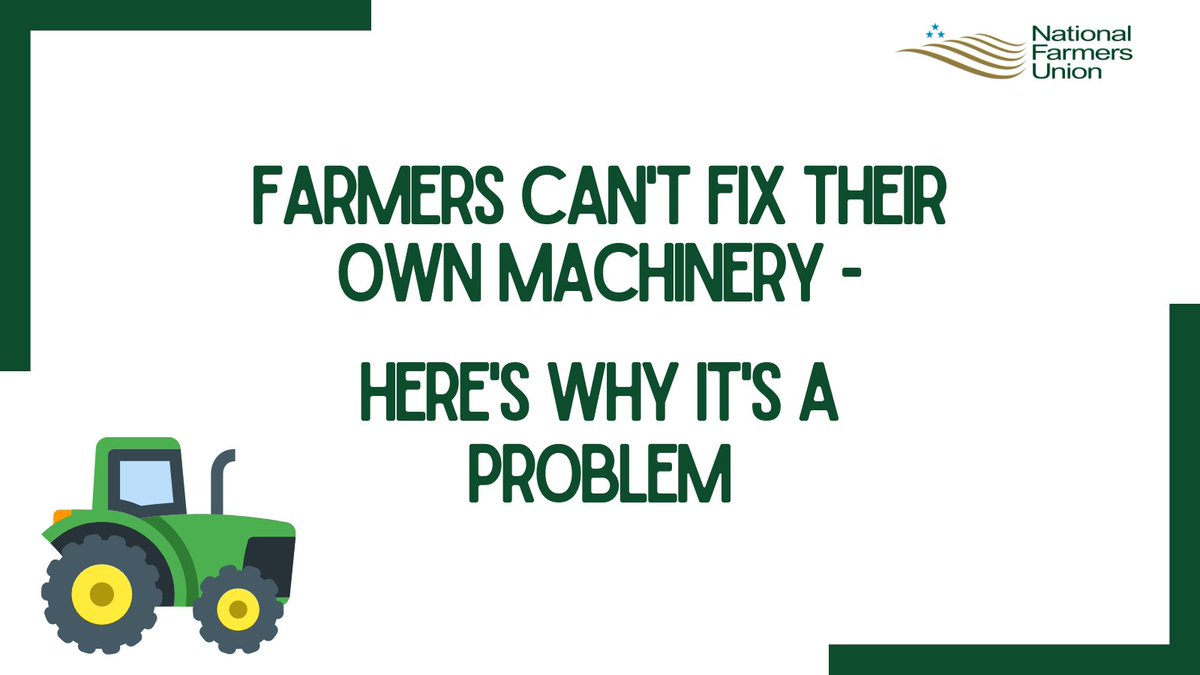
 When a new tractor has mechanical problems, software tools are often required to fix them.
When a new tractor has mechanical problems, software tools are often required to fix them.
 Bill Gates isn't the only wealthy investor buying up farmland.
Bill Gates isn't the only wealthy investor buying up farmland.
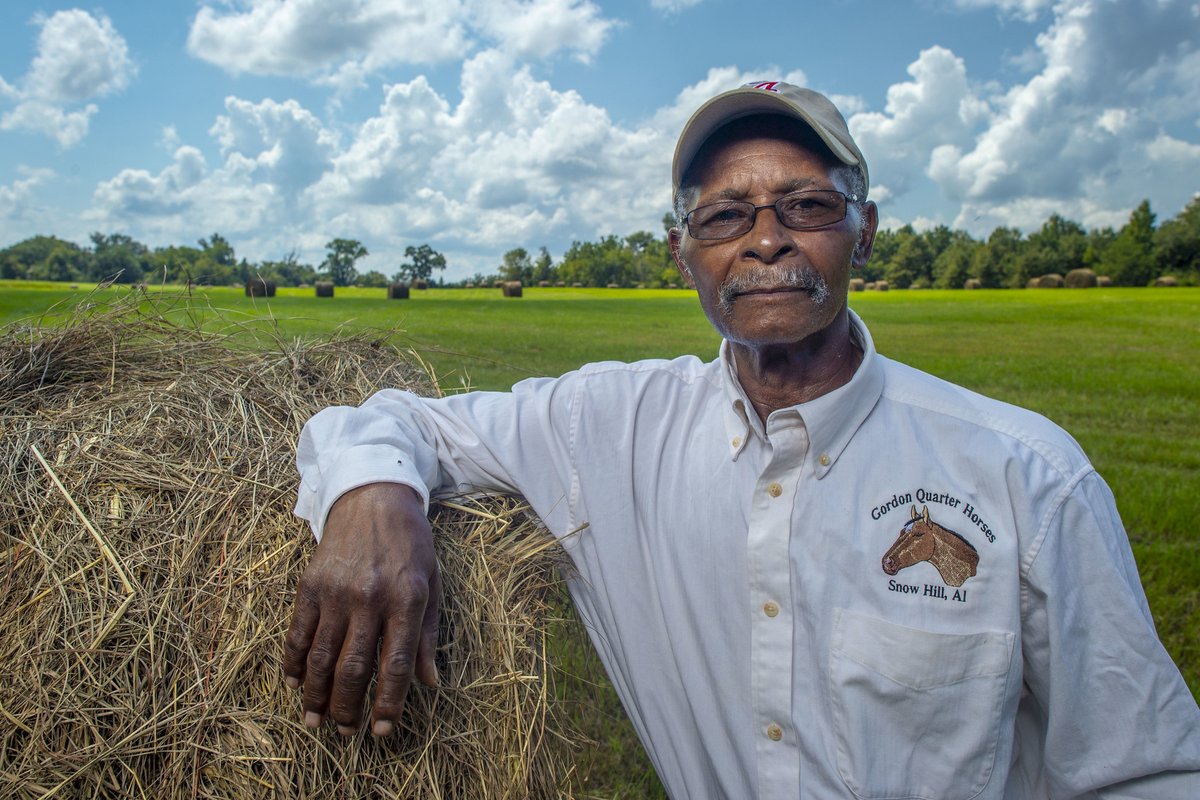
 As a result, many former slaves were forced into sharecropping. Landowners were known to charge unfairly high interest rates and intentionally underpay sharecroppers, keeping them in an endless cycle of debt and poverty.
As a result, many former slaves were forced into sharecropping. Landowners were known to charge unfairly high interest rates and intentionally underpay sharecroppers, keeping them in an endless cycle of debt and poverty.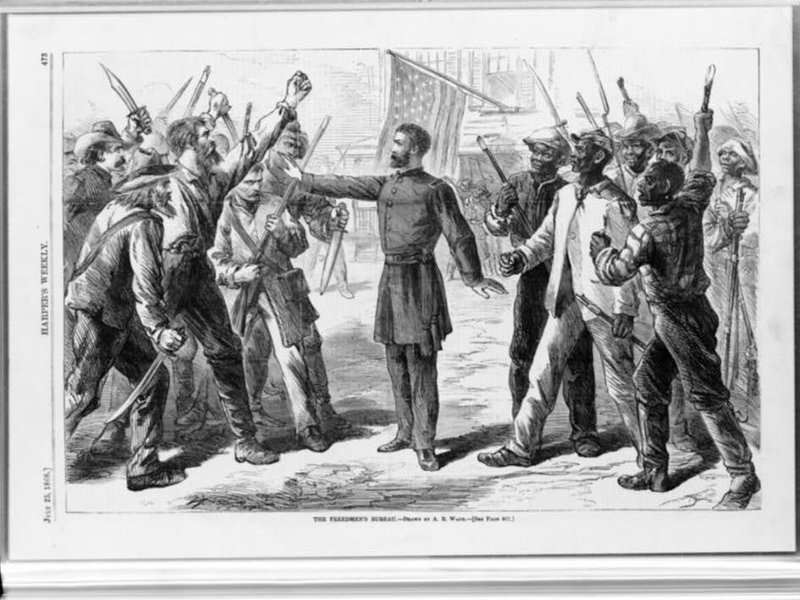
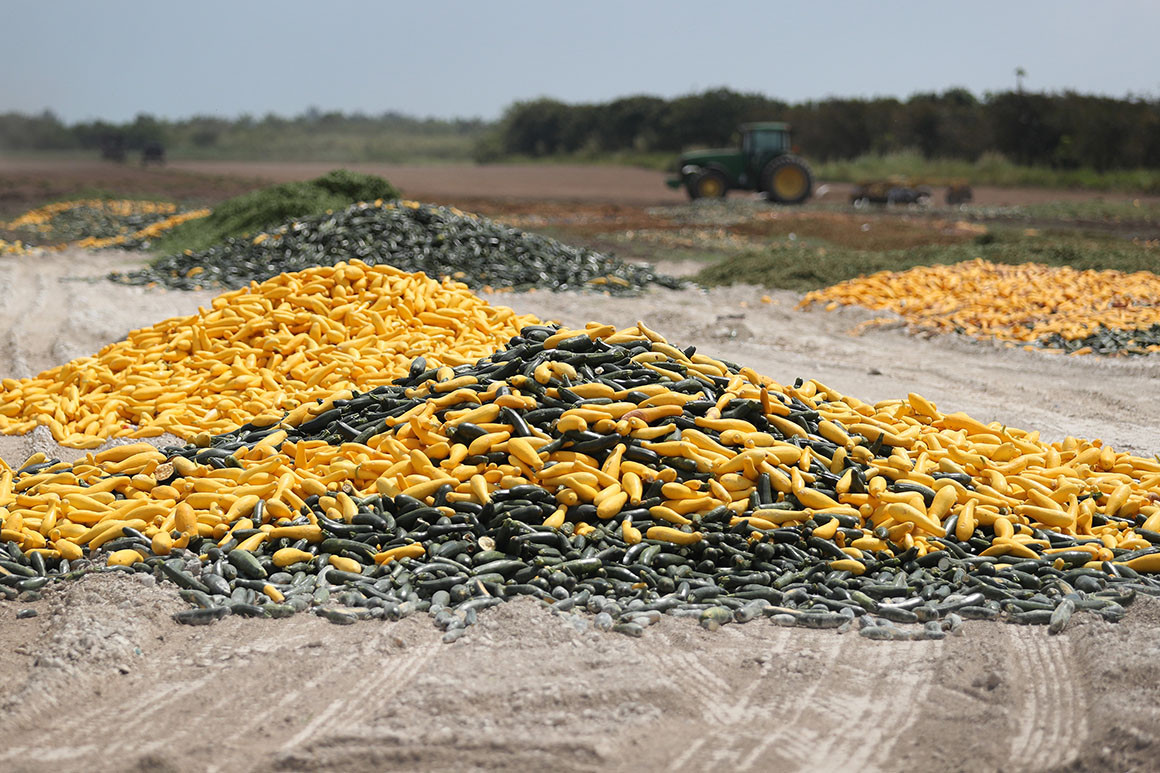

 @nytimes @nytclimate @LFFriedman @RudyMehrbani @WendyRWeiser @BrennanCenter @PreetBharara Farmers rely on the data provided by ERS to make important business decisions, and legislators rely on it to develop effective farm and food policy - but because of the relocation, 75% of the agency's staff have retired, quit, or were terminated. bloomberg.com/news/articles/…
@nytimes @nytclimate @LFFriedman @RudyMehrbani @WendyRWeiser @BrennanCenter @PreetBharara Farmers rely on the data provided by ERS to make important business decisions, and legislators rely on it to develop effective farm and food policy - but because of the relocation, 75% of the agency's staff have retired, quit, or were terminated. bloomberg.com/news/articles/… 